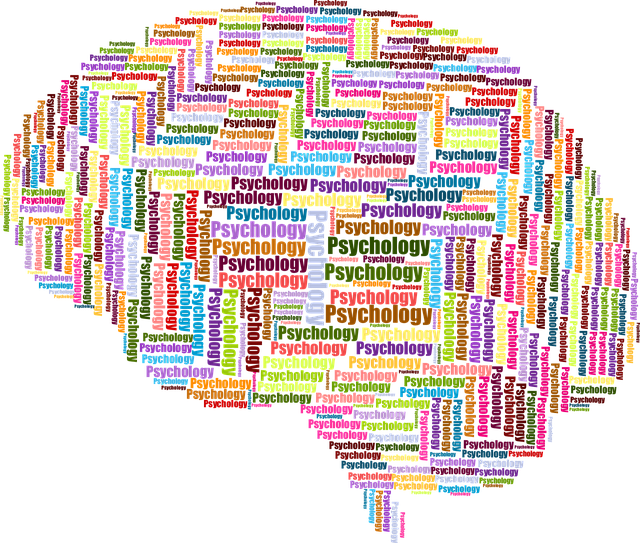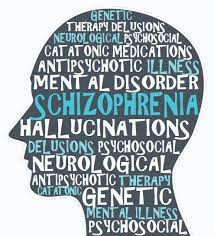Understanding and Prioritizing Mental Health in the Modern World
In the hustle and bustle of the 21st century, mental health has emerged as a crucial aspect of overall well-being. It is an integral part of our lives, deeply influencing our thoughts, emotions, behaviors, and decision-making. The conversation around mental health has evolved significantly, shedding light on issues that were once stigmatized and misunderstood. This article explores the various facets of mental health, its importance, the challenges faced, and strategies for improvement and maintenance.

The Essence of Mental Health
Mental health refers to our cognitive, behavioral, and emotional well-being. It’s about how we think, feel, and behave. Unlike the common misconception, mental health is not just the absence of mental disorders or disabilities. It’s a state of well-being in which an individual realizes their abilities, can cope with the normal stresses of life, can work productively, and can contribute to their community.
The Changing Landscape
The last few decades have witnessed a paradigm shift in the way mental health is perceived. With increasing research and awareness, the stigma associated with mental health issues is gradually diminishing. Mental health conditions, such as depression, anxiety, bipolar disorder, and schizophrenia, are now recognized as significant contributors to the global burden of disease.
The Impact of Modern Lifestyle
Our modern lifestyle poses unique challenges for mental health. The fast-paced, high-stress environments, along with the digital era’s onslaught of information and social media, have contributed to a rise in mental health issues. The constant need to be connected and the fear of missing out (FOMO) has led to increased levels of anxiety and stress among individuals.
Recognizing the Symptoms
Recognizing the signs of mental health issues is the first step towards getting help. These signs can vary widely but may include prolonged sadness, excessive fears or worries, extreme feelings of guilt, withdrawal from friends and activities, significant tiredness, low energy, or problems sleeping.
The Role of Society and Culture
Society and culture play a significant role in shaping our approach to mental health. Cultural stigma, lack of awareness, and inadequate support systems can prevent individuals from seeking the help they need. Promoting mental health awareness and creating supportive communities are essential steps in addressing these challenges.
Mental Health in the Workplace
Workplace mental health is a growing concern. Employers are increasingly recognizing the importance of their employees’ mental well-being. Creating a supportive work environment, ensuring work-life balance, and providing access to mental health resources are key strategies in promoting healthy, productive workplaces.
The Importance of Early Intervention
Early intervention is crucial in effectively treating mental health issues. The longer a mental health issue remains untreated, the more severe it can become. Early intervention can lead to better outcomes and can often prevent a minor issue from developing into a more serious one.

Strategies for Improving Mental Health
Self-Care: Engaging in activities that you enjoy, getting enough sleep, eating a balanced diet, and regular exercise can significantly improve your mental health.
Mindfulness and Meditation: These practices help in managing stress, improving concentration, and enhancing overall well-being.
Seeking Professional Help: Consulting psychologists, psychiatrists, or counselors when experiencing mental health issues is vital. There is no shame in seeking help.
Building Strong Relationships: Having a supportive network of friends and family can provide emotional support and help in tough times.
Continuous Learning and Growth: Engaging in lifelong learning and personal growth activities can provide a sense of purpose and fulfillment.
Technology and Mental Health
Technology plays a dual role in mental health. On one hand, the overuse of technology can lead to increased stress and anxiety. On the other, teletherapy, mental health apps, and online support groups have made mental health resources more accessible.
Conclusion
Mental health is an indispensable part of our lives that requires the same attention and care as physical health. By understanding its importance, recognizing the symptoms, and taking proactive steps toward maintenance and improvement, we can lead healthier, more fulfilling lives. Individuals, communities, and organizations must work together in promoting mental health awareness and support, making it a priority in our modern society.


You must be logged in to post a comment.